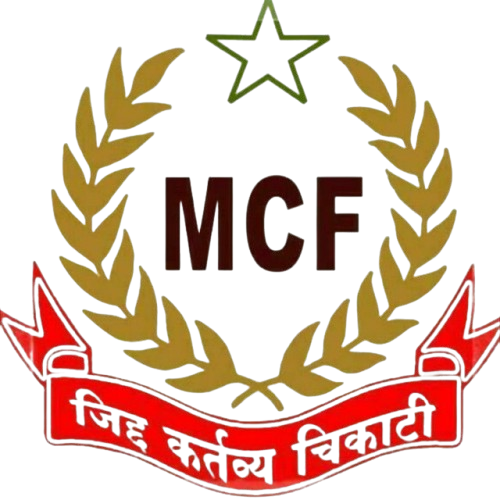Services
Flood Affected
A flood is a natural disaster that occurs when water overflows onto normally dry land, often due to heavy rainfall, overflowing rivers, or dam breaks. Floods can cause widespread damage to homes, infrastructure, and crops, leading to displacement of people, loss of property, and even loss of life. Flood-affected areas often face challenges like water contamination, disease outbreaks, and disruption of essential services such as electricity and transportation. Recovery from floods can take weeks or even months, depending on the severity, and requires coordinated relief efforts to restore normalcy.
Religious Temples
Security at religious temples is crucial to ensure the safety of worshippers, prevent theft or vandalism, and protect valuable artifacts and cultural heritage. Temples, being places of worship, often attract large crowds, making them potential targets for criminal activities or even terrorist attacks. Security measures can include:
Security Personnel: Trained guards or law enforcement are often stationed at temples to conduct bag checks, control crowds, and handle emergencies.
Access Control: Some temples may have restricted access to certain areas, allowing only authorized personnel or worshippers.
Metal Detectors: At larger temples, walk-through metal detectors and handheld scanners are used to check for weapons or prohibited items.
Emergency Preparedness: Plans and drills for evacuation, fire safety, and medical emergencies are essential to respond quickly in case of incidents.
Corona Outbreak Infection
Key prevention strategies include:
- Wearing Masks: Masks help reduce the transmission of respiratory droplets.
- Hand Hygiene: Frequent washing of hands with soap or using hand sanitizers.
- Social Distancing: Maintaining physical distance from others to minimize transmission.
- Vaccination: Immunization helps prevent severe illness and reduces the overall spread.
- Quarantine/Isolation: Infected individuals or those exposed to the virus should isolate to prevent further spread.
VIP protection
VIP protection, also known as executive protection, involves specialized security measures designed to ensure the safety of high-profile individuals such as politicians, celebrities, business leaders, and other important figures. These individuals are often at greater risk due to their public visibility or influence, requiring comprehensive protection strategies. Key elements of VIP protection include:
Threat Assessment: A thorough evaluation of potential risks, including analyzing the individual’s public presence, routine activities, and any known threats such as stalkers or political adversaries.
Close Protection: Highly trained security personnel, often referred to as bodyguards, are assigned to closely accompany the VIP at all times, ensuring quick response in case of emergencies or attacks.
Advance Planning: Prior to attending events or traveling, security teams scout locations, assess potential vulnerabilities, and prepare escape routes or safe zones in case of a threat.
Surveillance and Intelligence Gathering: Monitoring online threats, suspicious activities, and gathering intelligence to stay ahead of potential risks. This also involves using CCTV systems, drones, or other technologies.
